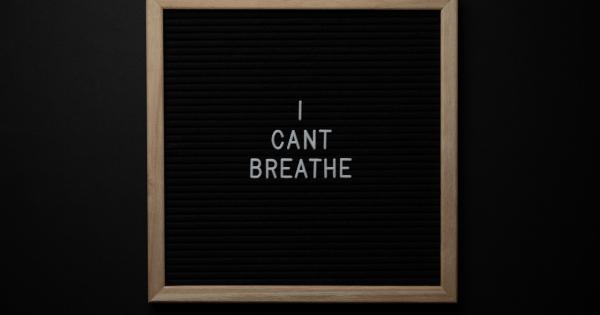With the rapid advancement of technology, the internet has become an integral part of our daily lives, including the lives of children. While the internet provides numerous benefits, excessive use can lead to addiction.
Internet addiction in children is a growing concern for parents and educators alike. It can have serious consequences on their physical, mental, and social well-being. In this article, we will explore the behaviors that signal kids’ internet addiction.
1. Excessive Time Spent Online
One of the most obvious signs of internet addiction in kids is spending an excessive amount of time online. They may spend hours on end in front of a screen, neglecting other important activities such as homework, chores, or physical exercise.
2. Withdrawal Symptoms
If a child shows signs of irritability, restlessness, or anxiety when they are not able to access the internet, it may indicate internet addiction. These withdrawal symptoms are similar to those experienced by individuals addicted to substances.
3. Neglecting Personal Hygiene
Children addicted to the internet often disregard personal hygiene. They may skip showering, brushing their teeth, or changing clothes regularly because they are engrossed in online activities. This neglect can lead to physical health problems.
4. Loss of Interest in Other Activities
Kids who are addicted to the internet often lose interest in hobbies, sports, or socializing with friends and family members. They may prefer the virtual world to the real one, leading to a decline in their overall well-being.
5. Decline in Academic Performance
Internet addiction can negatively impact a child’s academic performance. Constant online distractions and the inability to focus on tasks can result in falling grades, missed assignments, and a lack of motivation for learning.
6. Isolation and Social Withdrawal
Children with internet addiction tend to isolate themselves from others and withdraw from social interactions.
They may prefer to spend their time alone in front of a screen rather than engaging in real-life social activities, leading to feelings of loneliness and detachment.
7. Loss of Sleep
Internet addiction often disrupts a child’s sleep patterns. They may stay up late at night to browse the internet or engage in online activities, leading to sleep deprivation.
Lack of adequate sleep can have detrimental effects on their physical and mental health.
8. Emotional Instability
Kids addicted to the internet frequently exhibit emotional instability. They may experience mood swings, irritability, aggression, or depression when they are unable to access the internet or their online activities are interrupted.
9. Preoccupation with the Internet
Children addicted to the internet constantly think about their online activities even when they are not using a device. Their preoccupation with the internet can distract them from everyday tasks, relationships, and responsibilities.
10. Attempts to Conceal Internet Use
If a child goes to great lengths to hide their internet usage from parents or guardians, it may indicate an addiction.
They may become secretive, lie about their online activities, or try to create a false image of their internet usage, showing signs of dependence or obsession.
Conclusion
Identifying the behaviors that signal kids’ internet addiction is crucial for early intervention and support.
It is important for parents, educators, and caregivers to maintain open communication with children and encourage healthy internet habits. By being aware of the warning signs and taking appropriate action, we can help children develop a balanced relationship with the online world.






























